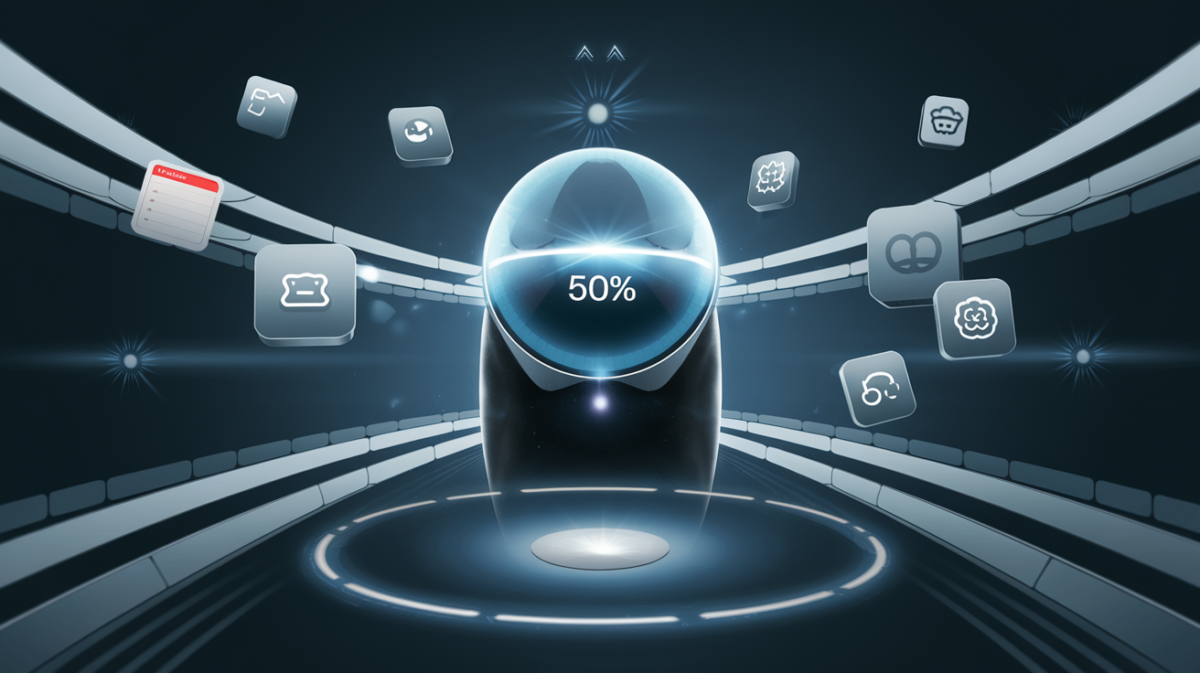Background and Initial Plans
In June 2024, Apple unveiled ambitious plans to revolutionize its voice assistant, Siri, during its annual Worldwide Developers Conference (WWDC). The company promised groundbreaking AI-driven features designed to make Siri more intuitive and personalized than ever before. Key enhancements included:
- Personal Context Awareness: Siri would leverage user data, such as photos of driver’s licenses, to perform tasks autonomously.
- Cross-App Functionality: The assistant would seamlessly interact with third-party apps, streamlining workflows across Apple’s ecosystem.
Originally slated for release with iOS 18.4 in April 2025, these upgrades were poised to redefine how users interact with their devices.
Technical Challenges Lead to Delay
Despite the excitement, Apple encountered significant technical roadblocks during development. Internal testing revealed performance inconsistencies and unresolved bugs, prompting the company to push back the rollout. The revised timeline now targets spring 2026, a full year later than initially planned.
Sources within Apple describe the situation as “complex,” with engineers struggling to balance innovation with the company’s stringent privacy and performance standards. One insider noted, “Integrating advanced AI without compromising user trust is proving harder than anticipated.”
Internal Reactions and Industry Impact
The delay has sparked mixed reactions within Apple. Robby Walker, a senior director overseeing Siri’s development, publicly acknowledged the setback, calling it “ugly and embarrassing.” However, he reaffirmed Apple’s commitment to delivering a polished product, stating, “We won’t cut corners just to meet a deadline.”
Meanwhile, competitors like Google and Amazon are forging ahead with their AI assistants. Google’s Gemini AI, for instance, powers Samsung’s latest devices, while Amazon’s Alexa now boasts more natural, human-like interactions. Apple’s delay raises questions about its ability to keep pace in the rapidly evolving AI landscape.
What This Means for Users
For Apple users, the delay means waiting longer for the promised Siri enhancements. While minor updates may roll out in the interim, the full suite of AI-powered features won’t arrive until 2026. Those seeking cutting-edge voice assistance might consider alternatives, though Apple’s ecosystem remains a compelling draw for many.
Comparison: Apple Siri vs. Competitors
| Feature | Apple Siri (2026) | Google Gemini | Amazon Alexa |
|---|---|---|---|
| Personal Context Awareness | Yes | Yes | Limited |
| Cross-App Integration | Yes | Yes | Partial |
| Release Timeline | Spring 2026 | Available Now | Available Now |
Looking Ahead
Apple’s decision to delay Siri’s AI upgrade underscores the challenges of pioneering advanced technology while maintaining high standards. As the tech giant works to resolve its development hurdles, the industry will be watching closely to see if it can reclaim its edge in the AI race.
For now, users and investors alike must weigh patience against the rapid advancements of competitors. One thing is clear: the future of voice assistants is anything but static.







